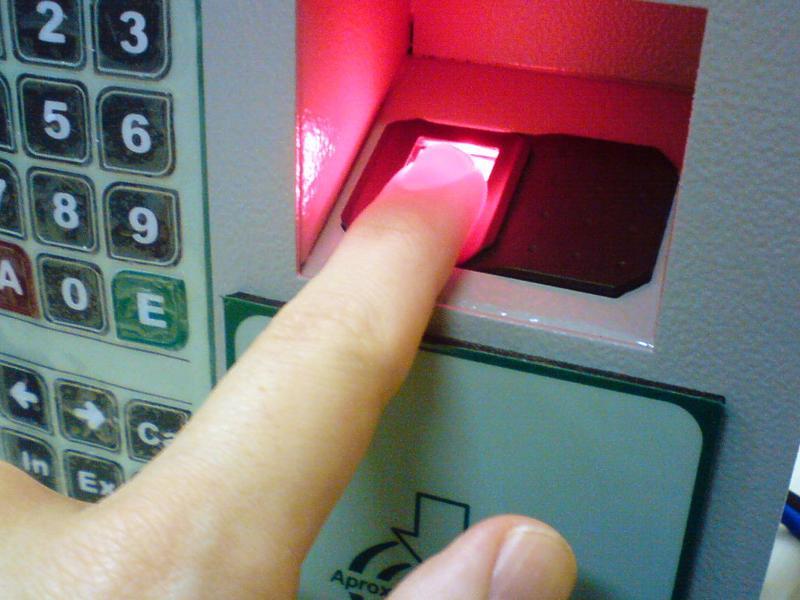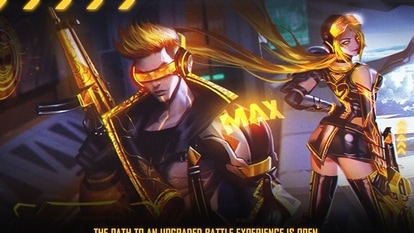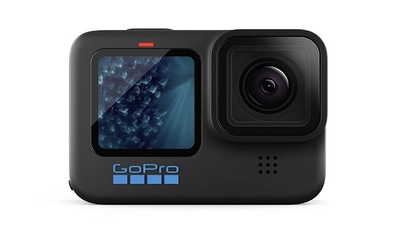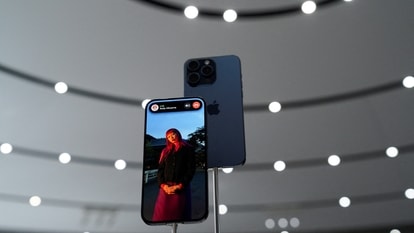Brain-print scans more accurate than fingerprint ones
Computer system was able to identify each volunteer’s “brainprint” with 100 percent accuracy

Your responses to certain stimuli like foods, celebrities or words may seem trivial but they say a lot about you. In fact, these brain responses can gain you safe access into heavily-restricted areas, reveal researchers.
According to them, brain biometrics are appealing because they cannot be stolen by malicious means the way a finger or retina can. The results suggest that brainwaves could soon be used by security systems to verify a person's identity with 100 percent accuracy.
The team from Binghamton University recorded the brain activity of 50 people wearing an electroencephalogram headset as they looked at a series of 500 images like a slice of pizza, a boat, US actor Anne Hathaway and the word "conundrum."
They found that participants' brains reacted differently to each image, enough that a computer system was able to identify each volunteer's "brainprint" with 100 percent accuracy.
"When you take hundreds of these images where every person is going to feel differently about each individual one, then you can be really accurate in identifying which person it was who looked at them just by their brain activity," explained assistant psychology professor Sarah Laszlo.
In their original study titled "Brainprint" published last year in the journal Neurocomputing, the team was able to identify one person out of a group of 32 by that person's responses, with only 97 percent accuracy and that study only incorporated words not images.
"It's a big deal going from 97 to 100 percent because we imagine the applications for this technology being for high-security situations, like ensuring the person going into the Pentagon or the nuclear launch bay is the right person," Laszlo added.
If someone's fingerprint is stolen, that person can't just grow a new finger to replace the compromised fingerprint — the fingerprint for that person is compromised forever.
"Fingerprints are 'non-cancellable.' Brainprints, on the other hand, are potentially cancellable. So, in the unlikely event that attackers were actually able to steal a brainprint from an authorized user, the authorised user could then 'reset' their brainprint," Laszlo pointed out.
According to Zhanpeng Jin, assistant professor of electrical and computer engineering, the new system can have important security applications.
"We tend to see the applications of this system as being more along the lines of high-security physical locations like the Pentagon or Air Force Labs where there aren't that many users that are authorised to enter," Jin said in a paper published in the journal IEEE Transactions on Information Forensics and Security.
Catch all the Latest Tech News, Mobile News, Laptop News, Gaming news, Wearables News , How To News, also keep up with us on Whatsapp channel,Twitter, Facebook, Google News, and Instagram. For our latest videos, subscribe to our YouTube channel.


























